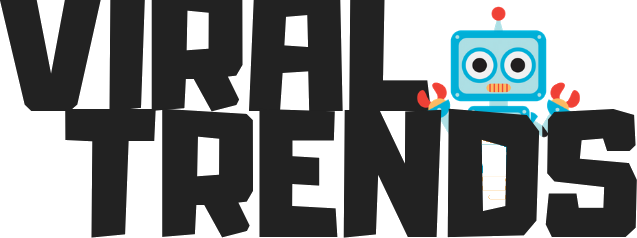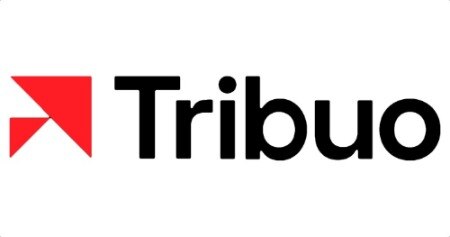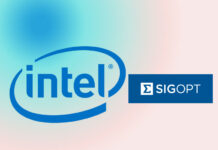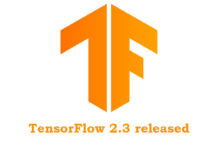Oracle corporations have announced to open source its Java based machine learning library Tribo, which comes with the library for development of classification, clustering, and regression models. Oracle announced the availability of the Tribo machine library under Apache 2.0 license on Github, making it available for the wider ML community to use.
The Tribuo can also interface with the TensorFlow, XGBoost, and ONNX. Company released the source code at GitHub, while builds can be accessed using Maven Central. Developers using the Maven build tool can easily use this library in their project by adding appropriate dependencies in their pom.xml project file.
This step by Oracle seems to be a major step towards entering into the Open Source Machine Learning landscape. Developers will be able to use the Oracle’s Tribuo machine library in any type of projects.
This library is powerful and allows the Java developers to develop machine learning models using classification, clustering, and regression. It also provides support for interfacing with the TensorFlow, XGBoost, and ONNX, which makes it a powerful library.
The release of Tribuo Java machine learning library as an open source library will help in meeting the enterprise needs in the machine learning world. This will help enterprises to use Tribuo Java machine learning library in developing/training machine learning models for their business. The millions of Java developers will be benefited with this library as they will be able to use the Tribuo Java machine learning library in their Java application.
Oracle finally released Tribuo Java machine learning library under Apache 2.0 license. The source code of Tribuo machine learning library is accessible from GitHub and Maven Central.
Tribuo is a machine library developed by Oracle which comes with machine learning algorithms like classification, clustering, anomaly detection, and regression. The Tribuo library also includes the pipelines for loading, clearing and transforming the data before actually feeding it to the machine learning model. The Tribuo library also comes with the statics features which can be applied to the dataset to understand the nature of data. It comes with names features, managing feature IDs and output IDs, which is necessary to avoid any ID conflict or confusion while developing the model. These features make it a powerful library for machine learning.
The Tribuo library can figure out when it sees a feature for the first time, this feature is particularly useful in natural language processing. Models are able to figure out inputs and with the strongly typed outputs. These are the unique features of Tribuo machine learning library.
The Tribuo machine learning library comes with the ability to track the model construction process from the point of data load in the train/test splits or even from dataset transformations to the model training and testing phase. Tribuo comes with the data tracking features into all its models and evaluations.
Tribuo machine learning library comes with following models:
- Bagging
- Random Forest
- K-NN
- Neural Networks
- Linear models
- CART
- SVM-SGD
- SAMME
- Multinomial Naive Bayes
- LIME
- Regularised Linear Models
- SVM
- Gradient Boosted Decision Trees
- and many Regression, Clustering and Anomaly Detection algorithms.
Java developers can leverage their Java knowledge for developing the machine learning applications. Experience of Java programming language is a must prerequisites for learning Tribuo machine learning library. Developers can learn Java programming language at Java Example Codes and Tutorials.










